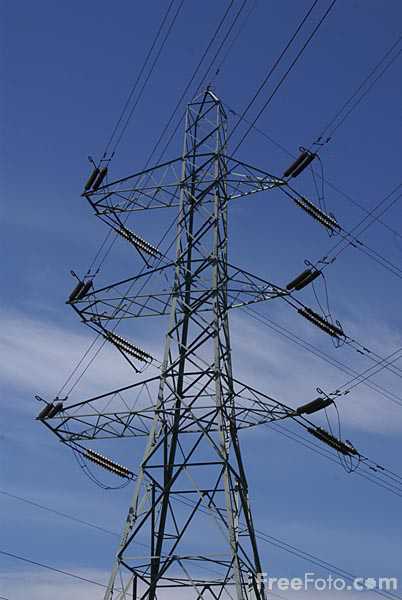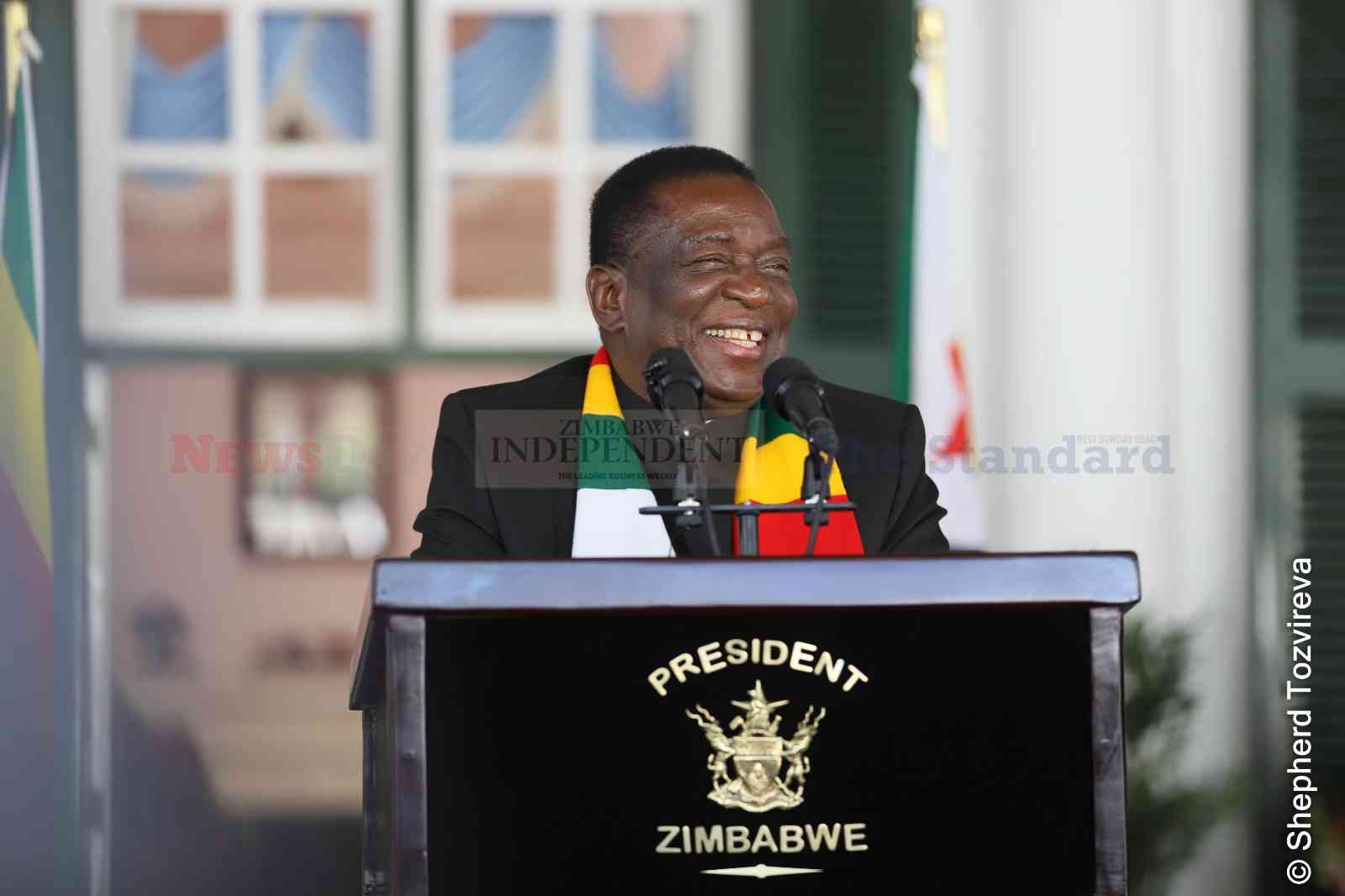
THE Zimbabwe Energy Regulatory Authority (Zera) has received an application from a private player to construct, own, operate and maintain a 3,3-megawatt (MW) mini hydro-power plant in Manicaland.
BUSINESS REPORTER
The government has expressed commitment to facilitating the entry of independent power producers (IPPs) into the country’s power supply sector, with a view towards ameliorating electricity shortages.
The IPP — HT Gen (Pvt) Limited — made the application for the primary purpose of generation and supply of electricity in Zimbabwe.
The name of the generation station would be Tsanga hydro power plant, which will operate as a run-off river type of plant.
“The proposed plant will generate electricity from hydro on Tsanga River in Nyanga Rural District Council in Manicaland,” Zera said.
“The application by HT Gen Private Limited has been done in terms of the provisions of section 40 of the Electricity Act of 2002.”
Zera has already issued out more than 12 licences for various projects including mini hydro plants commissioned to generate 2, 7MW at Pungwe in the Eastern Highlands.
- Chamisa under fire over US$120K donation
- Mavhunga puts DeMbare into Chibuku quarterfinals
- Pension funds bet on Cabora Bassa oilfields
- Councils defy govt fire tender directive
Keep Reading
The IPP running the project, Nyangani Renewable Energy (Pvt) Ltd, is presently producing 6,05MW from a $15 million investment at Duru, Nyamhingura, and the first phase of the Pungwe project.
The authority estimates that hydro energy potential from internal dams and rivers is about 88,4 gigawatt hours (GWh) per annum, while the Zambezi River, which is the only resource available to Zimbabwe for the generation of large-scale hydropower has potential of around 18 600GWh per annum.
According to a baseline energy report for Manicaland, Zimbabwe’s energy sector is not entirely open to private sector participation due to the presence of public entities with preferential policy treatment.
The report notes that decentralised energy is fairly immune to unfair utility policies other than minimal pricing and taxation policies that discourage early uptake of renewable energy opportunities.
Government has prioritised the implementation of a few hydro-schemes among them the Duru hydro-power plant located in Mutasa district with capacity of 2,3MW, the Siya plant in Bikita with 0,9MW capacity and the Manyuchi Dam in Mwenezi with 1,4MW capacity.











